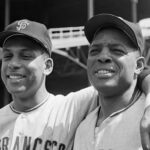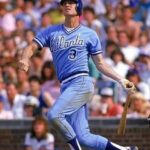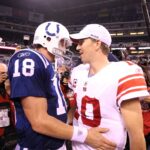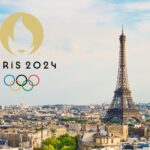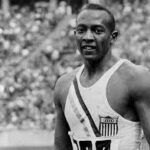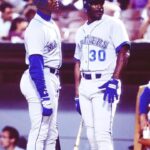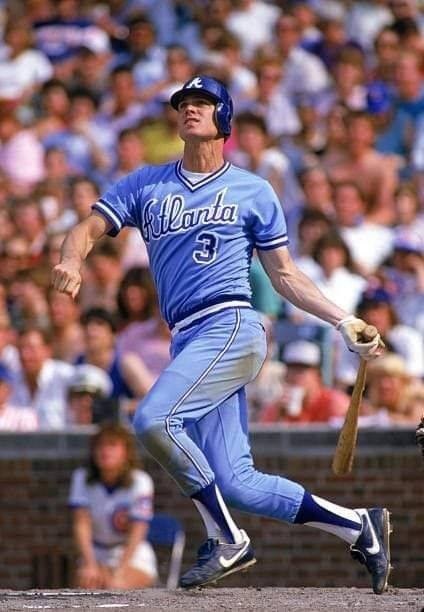Great Baseball All-Star Game Moments: Part 2 (1960-1989)
After becoming an American tradition following its inception in 1933, the Major League Baseball All-Star Game evolved into the “Midsummer Classic” through some memorable moments in the 1960s, 1970s and 1980s.
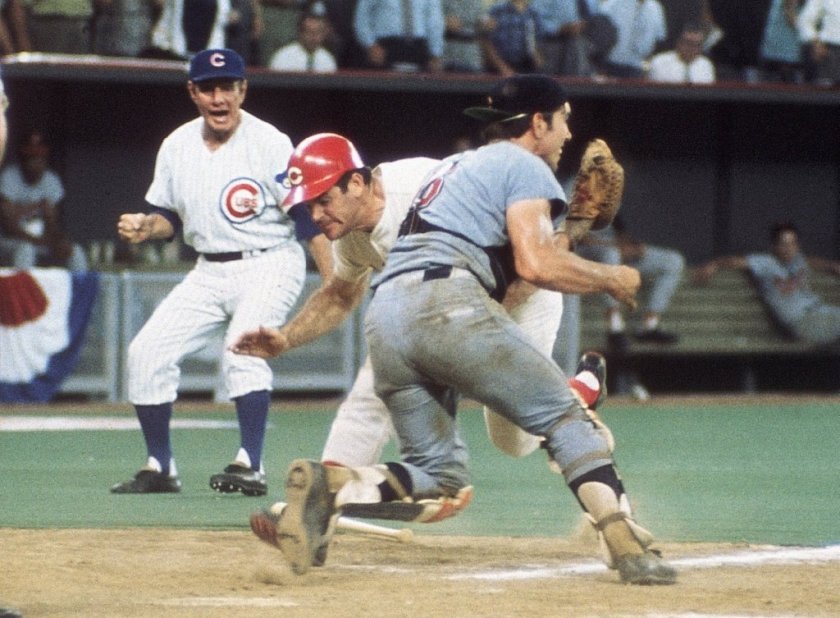
The exhibition eventually moved beyond being just a game to include a home run contest and many other activities that gave fans the opportunity to see their heroes in a completely different atmosphere than ever before.
From the very beginning, the All-Star Game was a highly competitive contest that even though technically an exhibition, lacked little in desire by the great players to win the game and claim bragging rights over the other league.
The game began to lose a little of the competitive edge following the inception of free agency in the 1970s. More players were switching from league to league and by the 1980s it started to be more important to give as many players as possible a chance to play, rather than keep your best players out there for the entire contest.
Of course, that strategy culminated with the 2002 game, which had to be called with the game tied in the 12th inning because both teams had run out of players. We will look more in-depth at that game in part three of this series.
In this second installment of the three part series, we will relive some of the legendary moments and games in All-Star history between 1960 and 1989. You can also catch the first installment with memories from 1933-1959.
July 13, 1960 (Yankee Stadium, New York City)
Between 1959 and 1962, two All-Star Games were played each year to provide the opportunity for fans in different cities to see the players up close and personal.
The second All-Star Game of the 1960 season provided a homecoming for Willie Mays, who had not been back to New York City since the Giants moved to San Francisco following the 1957 season.
He didn’t disappoint as Mays led off the game with a single and then hit a home run in the third inning.
Eddie Mathews, Ken Boyer and Stan Musial also blasted home runs for the National League as they won the game 6-0.
Also of note in the game was that it marked the 18th and final All-Star appearance for Ted Williams.
July 31, 1961 (Fenway Park, Boston)
The second meeting between the All-Stars in 1961 marked the first time that the game ended in a tie as the game was knotted at 1-1 when rain prevented the game from continuing after nine innings.
The American League scored first on a home run by Rocky Colavito in the first inning. The National League didn’t score until the sixth inning when Eddie Mathews scored on a hit by Bill White.
July 13, 1965 (Metropolitan Stadium, Bloomington)
The National League was 11-1 against the American League in the 1960s and when looking at the depth of the annual lineup the NL put on the field it is easy to understand why.
The 1965 team was a perfect illustration as three Hall of Fame outfielders–Roberto Clemente, Frank Robinson and Billy Williams–were the outfield reserves behind Hank Aaron, Willie Mays and Willie Stargell.
This game also marked the All-Star debut for all-time hit king Pete Rose, who was the starting second baseman for the National League. Rose also started All-Star games at leftfield, third base and first base during his career.
Mays led off the game with a home run and the NL scored five runs in the first two innings to seize control.
However, the AL rallied to tie the game in the fifth inning thanks to home runs by Dick McAuliffe and Harmon Killebrew from the host Minnesota Twins.
A walk by Sam McDowell of Mays in the seventh led to the game winning run as Mays scored on an infield hit by Ron Santo. The potential tying run was at second base for the AL in the ninth inning, but Bob Gibson promptly struck out Killebrew and Joe Pepitone to end the game.
July 11, 1967 (Anaheim Stadium)
Until being matched in 2008, the 1967 All-Star game stood as the longest game in the fabled legacy of the Midsummer Classic.
The 1967 game was also one of the most dominating pitching performances in the history of the game as the two teams combined for only 17 hits in 15 innings.
Richie Allen gave the NL a lead in the second inning with a solo home run. The AL tied the score in the sixth on a home run by Brooks Robinson.
Over the next eight innings, the two pitching staffs combined to allow only eight total hits while striking out 15 batters.
Finally, in the 15th inning, Tony Perez broke the deadlock when he put a pitch from Catfish Hunter over the left-field fence. At the time, there was no limit on how many innings a pitcher could throw in the game and Hunter pitched the final five innings for the NL.
July 14, 1970 (Riverfront Stadium, Cincinnati)
This game is best remembered for the ferocious collision between Ray Fosse and Pete Rose that resulted in Rose scoring the game-winning run in the 12th inning. However, that moment would never have happened had the AL not blown a 4-1 lead in the bottom of the ninth.
A leadoff home run by Dick Dietz trimmed the advantage to two runs and then three straight hits and a sacrifice plated two additional runs to tie the game.
In the bottom of the 12th inning, Rose singled and then went to second on a hit by Billy Grabarkewitz. Looking to score on a single by Jim Hickman, Rose rounded third and arrived at home plate at almost the same instance as the throw from centerfielder Amos Otis. The collision with Fosse kept the catcher from securing the throw and Rose scored the winning run.
Many are quick to point to that moment, which occurred in Fosse’s first full season as a starter, as the pinnacle point in his career and the reason he never became a superstar. However, I tend to believe the moment is given too much credit.
Fosse was hitting .312 at the time of the All-Star break. He returned to the lineup immediately upon the resumption of the schedule and raised his average as high as .318 in the second half before finishing with a .307 average. The next season he hit .276 with 12 home runs and a career-high 62 RBI.
What may have been even more detrimental to Fosse’s career was the crushed disc in his neck that was suffered trying to break-up a clubhouse fight between Reggie Jackson and Billy North while Fosse played with the Oakland A’s in 1974.
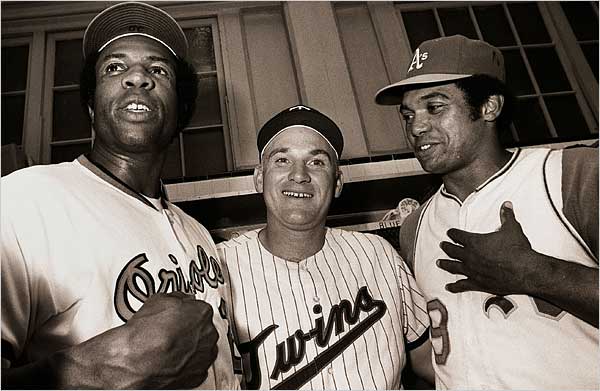
July 13, 1971 (Tiger Stadium, Detroit)
The only American League victory in a 20-game stretch between 1963 and 1983 is specifically remembered for the mammoth home run that Reggie Jackson blasted off the light tower roughly 520 feet from home plate.
Jackson’s blast proved to be just one of many fireworks for the Junior Circuit, which erased an early 3-0 deficit on their way to a 6-4 victory.
Frank Robinson became the first player to hit home runs for both leagues with a two-run shot in the third inning. Killebrew also had a two-run home run for the AL.
July 19, 1977 (Yankee Stadium, New York City)
The National League seized control early as Joe Morgan led off the game with a home run and Greg Luzinski later blasted another off of starting pitcher Jim Palmer as the NL took an early 4-0 lead.
The AL trimmed the lead to 5-3 in the sixth inning, but the NL added two more runs in the eighth and won 7-5.
One interesting moment prior to the game was an argument between manager Billy Martin and pitcher Nolan Ryan.
Martin asked Ryan to replace his teammate, Frank Tanana, as the starting pitcher when Tanana couldn’t pitch due to an injury. Feeling he should have been picked originally, Ryan refused to pitch. It led Martin to proclaim that he would never again select Nolan Ryan for the All-Star Game.
Of course, Martin managed only twice more in the Midsummer Classic and Ryan was not on his staff.
August 9, 1981 (Municipal Stadium, Cleveland)
Following a strike that lasted nearly two months, baseball returned with only the second All-Star Game played in the month of August.
Gary Carter led the NL with a pair of home runs and Dave Parker and Mike Schmidt also hit homers as the Senior Circuit rallied to win 6-5.
The game marked the All-Star debut for colorful left-hander Fernando Valenzuela, who earned the start for the National League in his rookie season.
July 6, 1983 (Comiskey Park, Chicago)
Marking the 50th Anniversary of the first All-Star Game, the American League broke out of an 11-year funk to defeat the NL for the first time since 1971.
They did it in grand fashion, as Fred Lynn became the first player in All-Star Game history to hit a grand slam. The AL scored seven runs in the third inning and easily ended the losing streak with a 13-3 victory.
July 10, 1984 (Candlestick Park, San Francisco)
Fifty years after Carl Hubbell struck out five consecutive Hall of Famers in the 1934 All-Star Game, two of the best pitchers of the era commemorated the achievement with an impressive one of their own.
Fernando Valenzuela struck out three future Hall of Fame members–Dave Winfield, Reggie Jackson and George Brett–in the fourth inning. The following inning, Dwight Gooden ran the streak to six by striking out all three batters he faced– Lance Parrish, Chet Lemon and Alvin Davis.
The NL took advantage of the great pitching and home runs by Dale Murphy and Gary Carter to win the game 3-1.
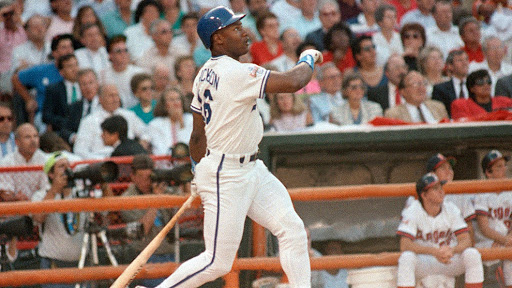
July 11, 1989 (Anaheim Stadium)
From the very beginning, there was little question that the 1989 All-Star Game was all about Bo Jackson.
Jackson led off the game with a monstrous home run to centerfield and finished the game with two hits and two RBI. He made a great defensive play on a liner by Pedro Guerrero to stop a potential NL rally and also had a stolen base.
Jackson’s opening blast was followed by a home run by Wade Boggs and the American League went on to score five runs in the first three innings on their way to a 5-3 victory. Unfortunately, it proved to be the only All-Star moment for Jackson as he suffered a severe hip injury playing football in 1990 and never again appeared in the Midsummer Classic.
